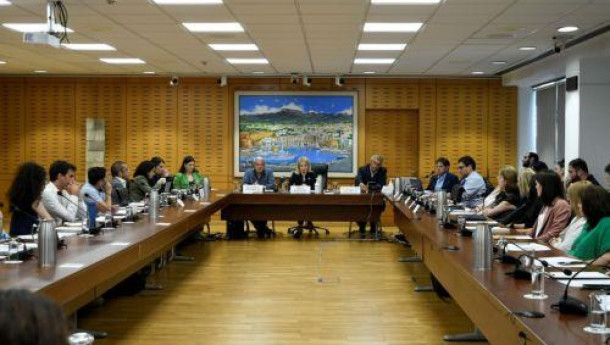
The challenges that Cyprus is faced with as regards EU’s “Fit for 55” targets were outlined during an event at the House of Representatives on Friday.
President of the House Annita Demetriou and the Chair of the Environment Committee Charalambos Theopemptou, who had the initiative to organise the discussion, welcomed participants while high ranking officials from the Ministries of Agriculture, Transport, Energy and the head of environmental policy of WWF Greece made detailed presentations explaining the targets of the EU to reduce net greenhouse gas emissions by at least 55% by 2030 and the ultimate goal of climate neutrality by 2050.
Addressing the event, Demetriou said that Cyprus, as a full and equal member of the EU, has the legal obligation to adopt and implement "Fit for 55" and must embrace it.
She said that EU green transition is not only about legislation, timetables, goals and numbers, but about the cultivation of a new culture and perception for the whole society.
Demetriou referred to the legislative proposals that make up "Fit for 55" and noted that it is one of the largest legislative reforms promoted at European level with multifaceted and complex legislation, with a strong technical and scientific background, as well as diverse economic and social effects and ramifications.
She also referred to the crucial role of the parliament which must be properly prepared and informed and must also inform the citizens of the changes ahead. She also said that consensus and cooperation among all the political parties and with the governmental services is of the utmost importance.
Charalambos Theopemptou said that Cyprus is one of the countries where climate change is most evident, noting that snow has disappeared from the Troodos mountains, summer has grown, rainfall has changed, our seas now have invasive species, fewer birds are in the sky, and we often have dust from neighbouring countries. He said that things will continue to deteriorate.
Theopemptou noted that if we really love our country and care about our children's future, we must take steps to reduce emissions, prepare our country for the new climate conditions that are coming and plan ahead in order to meet EU obligations.
He noted that continuous monitoring of the discussions in the EU, knowledge, preparation and above all timely planning for the legislative arrangements that are coming immediately are required, so that by 2030 we achieve a 55% reduction in emissions and by 2050 we are climate neutral.
He said that changes include energy upgrades of buildings, changes in the electricity market, change in waste targets, carbon taxes, obligation to trade pollutants in companies and countries, charging stations, car technology, electric vehicles, policies for farmers such as Farm to Plate, circular economy etc.
First Environment Officer at the Department of Environment of the Ministry of Agriculture, Dr. Theodoulos Mesimeris presented in detail the new institutional framework of the "Fit For 55" package and made special reference to the elements of the legislative framework that have already been adopted.
The framework includes sectors, among other things about RES, the social climate action fund, energy taxation, alternative fuels, fuels for marine transport and aviation etc.
Dr. Mesimeris also referred to the obligations for changes in the way the various facilities operate or for compliance costs that will be incorporated into fuel prices.
He said we need to change mindset and bring about big changes saying that for the period 2013-2020 the pricing of coal for power generation gave a 44-45% reduction in its use in the EU and there was a shift to other forms such as RES.
However, he mentioned that in Cyprus we did not have the same reaction and that electricity production emissions remain stable and the cost of carbon incorporated in the kilowatt has not changed the way of operation with various financial implications.
For Cyprus, the new goal of reducing emissions to -32% is difficult to reach with today's practices and measures and we should consider redesigning our policies, he said.
Yiannis Yiannakis, Senior Air Transport and Airports Officer at the Department of Civil Aviation said that the annual amount of aviation fuel supplied to a given aircraft operator at a given EU airport is at least 90% of the annual aviation fuel requirement.
The airport management body, according to Yiannakis, takes necessary measures to facilitate the access of aircraft operators to aviation fuel containing minimum shares in accordance with the Regulation.
He explained that aviation fuel suppliers ensure that the aviation fuel available to the operators of aircraft operating at EU airports contain a minimum share, including a minimum share of synthetic aviation fuels.
For the aviation sector, one of the measures in the new targets is to increase the production of the supply and adoption of sustainable aviation fuel (SAF).
He noted that an assessment of the aviation fuel market and its impact on the functioning of the internal air transport market is required and that the new objectives include a detailed assessment of the impact of this regulation on the connectivity of islands and remote territories, on the competitiveness of European air carriers and air hubs against their competitors in neighboring countries, in carbon leakage.
He referred to the case of Cyprus for competitiveness and connectivity as an island and remote territory. Yiannaki explained in particular that the aircraft operator can request an exemption from the obligation to apply quota for flights with a specific existing or new route of less than 850 km or 1,200 km for routes to EU airports located on islands without rail or road connections and depart from EU airports.
Achilleas Pilias, a mechanical engineer at the Department of Electrical and Mechanical Services, referred to the regulation for the development of alternative fuel infrastructure.
Road transport is required to have recharging stations at least every 60 km on the main road network and different standards apply for passenger cars and trucks under 3.5 tonnes and for trucks over 3.5 tonnes.
In the busiest ports, at least 90% of container ships and passenger ships are required to have access to a shore-based power supply, while inland ports are required to have such a supply installed.
At airports, provision is needed for all aircraft parking spaces connected to a terminal by 2025 and for all remote spaces by 2030. Pilias also referred to the obligations for hydrogen and liquefied methane.
He also said that the his department has extensive responsibilities regarding electric vehicle recharging points and that it runs the "Electricity with 1000" program for grants to private individuals, NGOs, legal entities under public law and local authorities for the installation of publicly accessible recharging points HO (Total Budget €3.700.000). In September, a new tender will be announced for the installation of 10 publicly accessible fast charging points, he added.
Yiorgos Partasides, first Industrial Applications Officer and coordinator at the permanent secretary’s office of the Ministry of Energy, said that according to "Fit for 55" the EU target for RES will likely be 31-34% in gross final consumption (compared to 23% ) and that a cooperation framework is established for joint RES projects.
He explained that member states are obliged by the end of 2030 to make an effort to develop at least 2 joint RES projects with one or more member states and that the indicative target for RES in buildings is at least 49% in 2030.
There is a mandatory target for an annual increase of 0.8% (2021 to 2025) and 1.1% (2026 to 2030) of RES in Heating and Cooling, while for RES in transport it is noted that the rate must be 29% in 2030 or the amount of renewable fuel and electricity from RES to lead to a reduction in the intensity of greenhouse gas emissions by 14.5% by 2030.
Partasides also referred to the basic policies and measures to promote RES in Cyprus such as the plan for electricity production from RES for own consumption (net-metering, net-billing, virtual net-metering, virtual net-billing), plans for inclusion of RES projects in the Competitive Electricity Market and the Transitional Electricity Market, provision of financial support for the installation of photovoltaic and solar systems in buildings, sponsorship plans for electricity storage, promotion of high efficiency heat pumps, simplification and acceleration of procedures licensing etc.
Also, the new national goals and main new obligations for energy efficiency until 2030 include an obligation to evaluate and apply the "principle of priority" in energy efficiency during the planning stage for projects concerning the energy system and non-energy sectors, the obligation to create "one- stop-shop' to provide technical, administrative and financial advice on energy efficiency etc.
Theodota Nantsou, Head of Environmental Policy of WWF Greece, invited partner of Terra Cyprus, spoke about the legislative framework in Greece and the constitutional provision for a climate budget.
She said that for the period 2026-2030 the amount of the climate budget is set so that in 2030 the annual weighted average emissions of greenhouse gases during the 5 years are reduced by at least 65% compared to the base year and by 2041-2045 they reach the 100%.

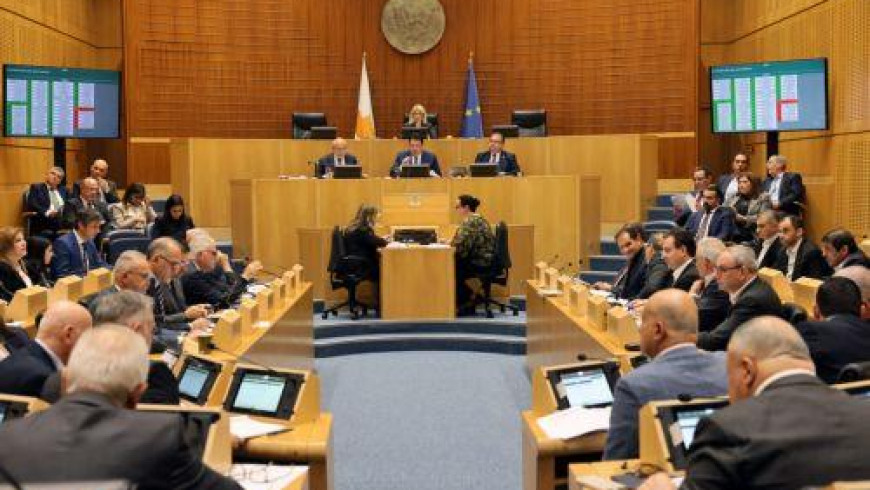
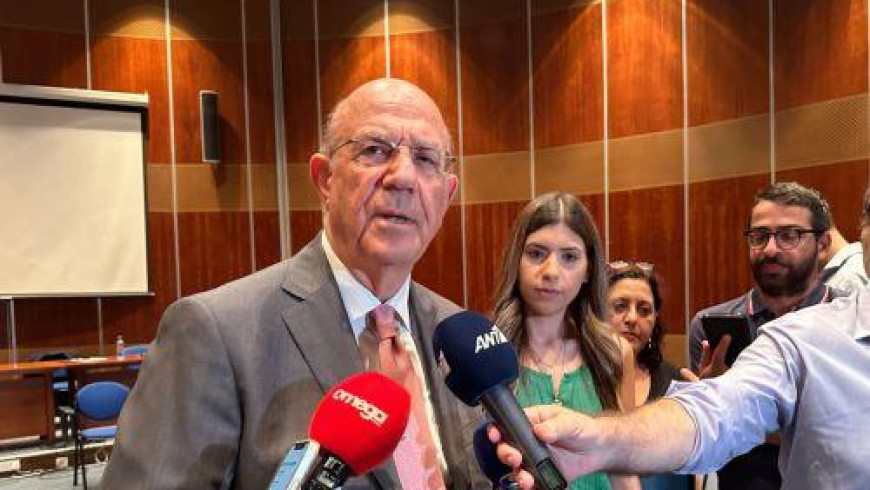
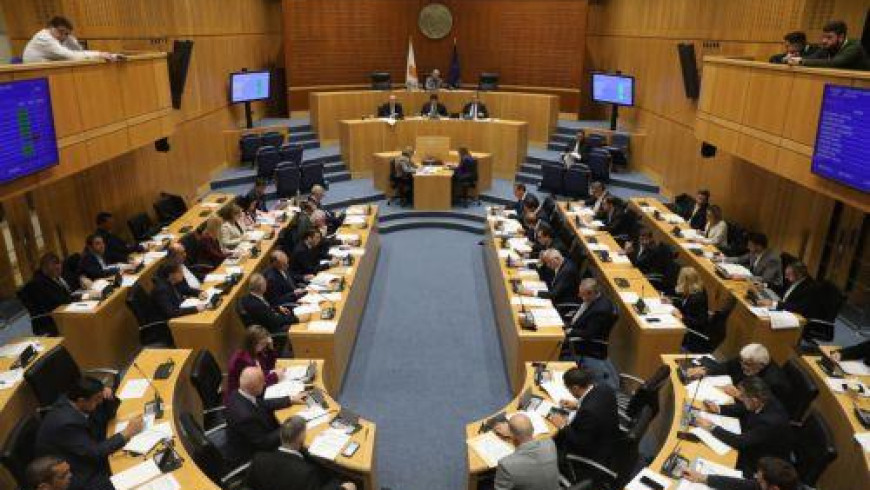
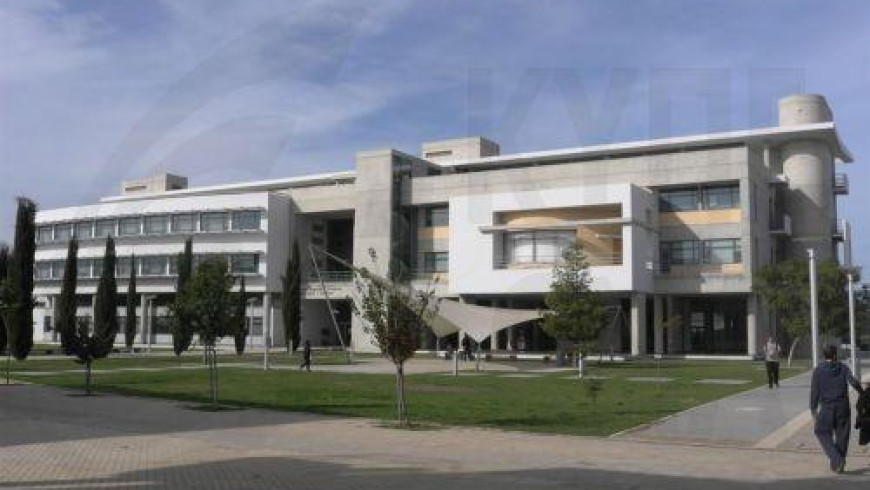
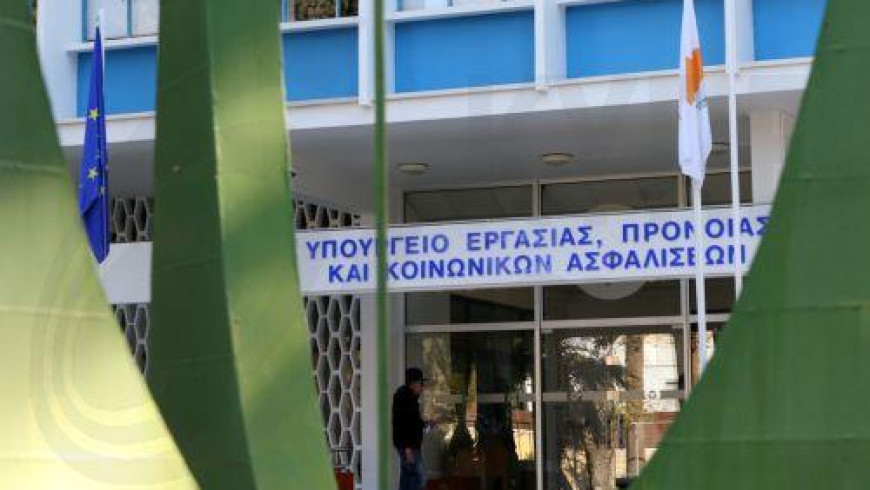








 3287.99
3287.99 1275.09
1275.09
